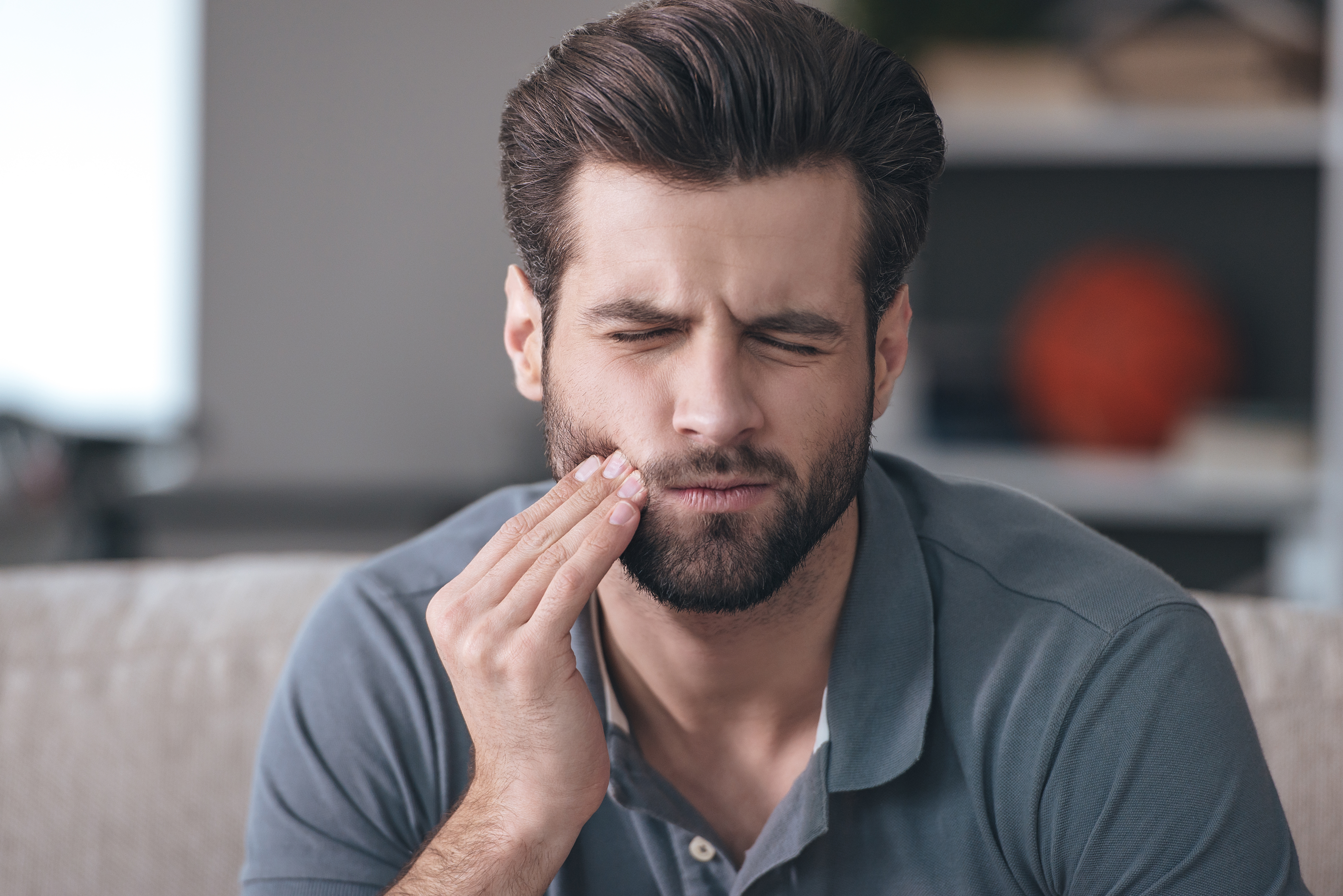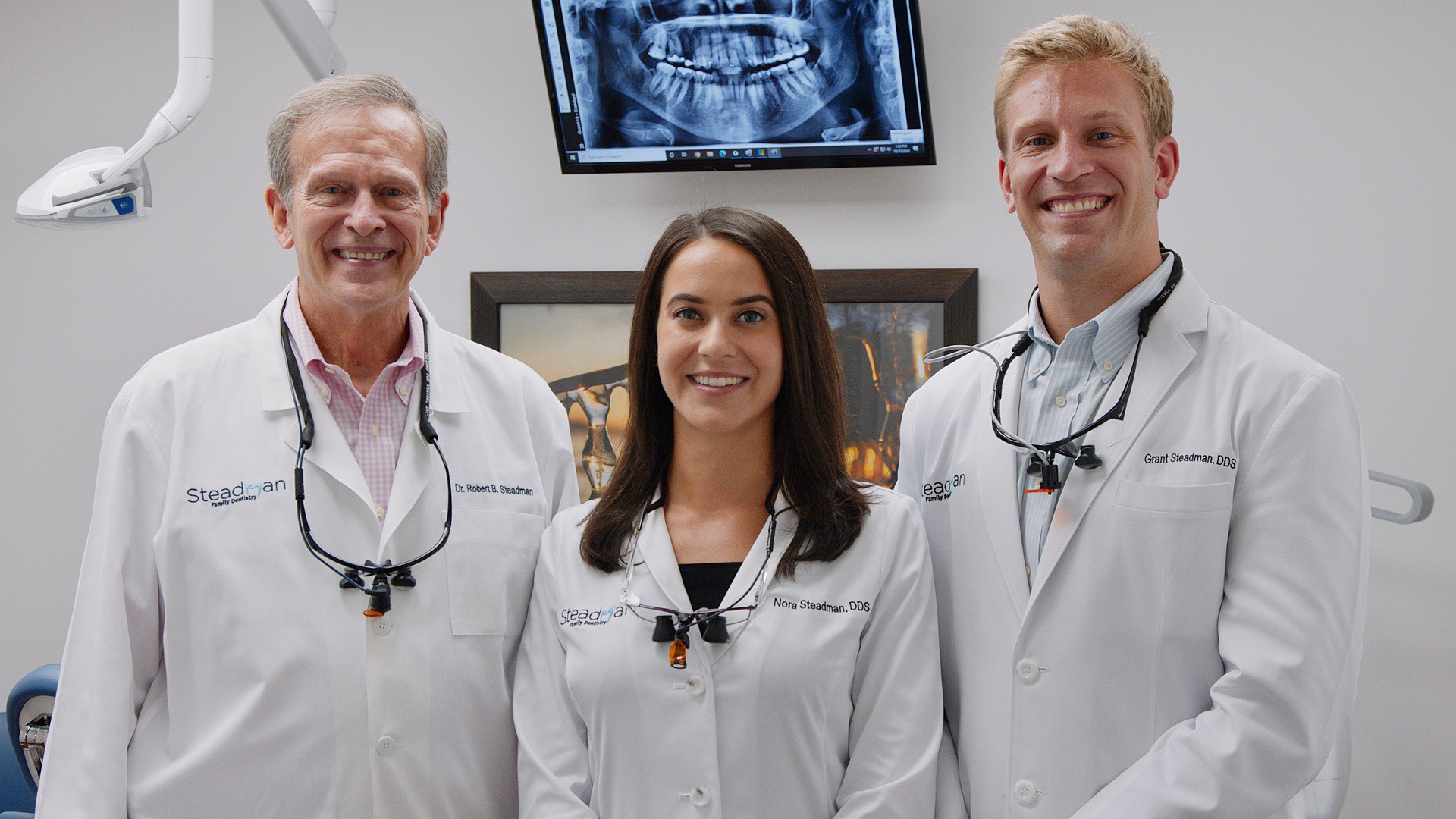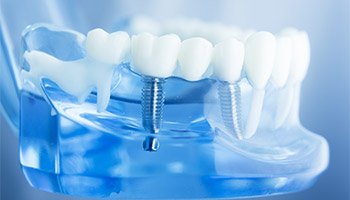Think of one of the most painful procedures offered at the dentist’s office, and you’ll likely either settle on having teeth pulled or getting a root canal. But turns out, perceptions about root canals are still rooted in the past and not founded in a full understanding of the efficacy of modern dentistry. Take a look at how and why you should expect minimal discomfort when having root canal therapy, along with a look at solutions for those who don’t feel they can overcome their dental anxiety in time to get the procedures they need.
Why They Aren’t Painful
Before your dentist begins work on your tooth, you’ll be given a small dose of a local anesthetic that’ll numb the root canal site until after the procedure is complete. You may not feel anything there at all, but anything you do feel won’t come close to qualifying for the term “painful.”
You will likely experience some soreness and swelling at the root canal site after the anesthesia has worn off. At that point, you’ll switch to ibuprofen or a similar painkiller to keep the swelling and soreness down.
How Root Canals Work
The procedure itself is fairly brief, which is why a local anesthetic will be more than enough to get you through the procedure pain-free. General anesthesia could make you sleep for hours after the procedure is done.
After you’ve received the anesthetic, your dentist will drill through the cavity that led to the decay inside of the tooth. Drilling will give the dentist a straight shot to the decaying pulp inside the tooth.
Your dentist will clear away the decayed pulp, while leaving behind healthy tissue, and will then fill the hole to encase the healthy pulp inside. With the rot removed and the healthy tissue protected, your dentist will then seal the hole. Badly damaged teeth may require a crown, however.
Talk to a Dentist for More Answers
Click here to set up a consultation with a local dentist in Richmond, VA to learn more about what you can expect from having root canal therapy and to get answers to any of your questions about the state of your dental health.




